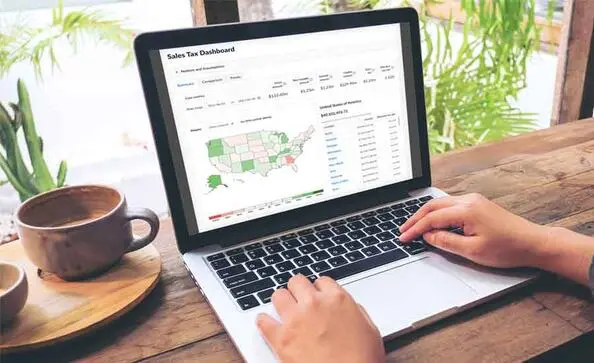New E-Invoicing Rules are Driving Tax Transformation

“Organizations want to invest in tax technology, particularly to help them grow more quickly or to sustain their growth,” notes Tom Seal, IDC Senior Research Director, European Enterprise Applications. “They don’t want to hit these barriers and then have to pause, modernize, update or otherwise find a fix to these tax challenges. They want to be able to grow rapidly and capitalize on opportunities as they arise.”
Tom shares those insights and many others over two podcasts in our five-episode series centered on drivers of tax transformation. Three other episodes feature insights and analysis from Tom’s colleague Kevin Permenter, IDC Research Director for Financial Applications. While Tom and Kevin each address global tax issues, Tom focuses more on issues affecting tax teams in Europe, the Middle East, and Africa (EMEA) countries while Kevin targets tax transformation in the U.S. and North America.
New and forthcoming e-invoicing requirements are a prominent challenge among tax professionals operating in the EMEA region. Other drivers towards the need for tax transformation include the widespread adoption of e-commerce business models, the IT group’s digital transformation progress, and rapidly changing customer expectations.
As you listen to Tom’s episodes, here are a few of his (many) sharp observations, including:
- Tax professionals should recognize the revolutionary changes occurring inside their IT teams: Tom describes the shift from on-premise ERP installations to cloud-based ERP solutions as a “revolution.” Given that this cloud migration will continue for several years, Tom emphasizes that “it’s important for tax professionals to recognize that their technology needs are going to have to slot in with this much larger and very significant transformation.”
- The tax function’s future is in real-time: During the coming years, Tom expects tax reporting to become increasingly real-time in nature: “We’re really moving into a world where everything is instantaneous, and that includes tax.”
- In addition to compliance challenges, e-invoicing rules will create new opportunities: Tom expects e-invoicing requirements and processes to “enable all sorts of innovations that we probably haven’t even thought about.” Consider dynamic pricing models in the retail industry through which prices fluctuate throughout the day based on different factors. “Obviously, every time that happens, it requires a tax calculation,” Tom adds. “It's hard to predict where things might lead, but I think probably the biggest shift is this move toward real-time, in-the-moment tax calculations and reporting.”
- New analyses of tax data will also generate value: Leading finance teams generate data-driven insights that fuel business decision-making, and more tax teams are developing similar capabilities, Tom notes. “I can well imagine that the data flowing back from a tax engine could drive decision-making,” he adds. “It might lead you to operate a business in a slightly different way, maybe even selling different products.”
Leading tax functions already have begun mining their tax engines for data-driven insights on business trends. For more insights on how leading tax teams are advancing their tax transformation journeys tune in to our Tax Transformation podcast series with Tom and Kevin.
Disclaimer
Please remember that the Vertex blog provides information for educational purposes, not specific tax or legal advice. Always consult a qualified tax or legal advisor before taking any action based on this information. The views and opinions expressed in the Vertex blog are those of the authors and do not necessarily reflect the official policy, position, or opinion of Vertex Inc.
Blog Author
Explore Vertex Indirect Tax Intelligence
Leverage data intelligence to improve tax performance for your businesss.
LEARN MORE
